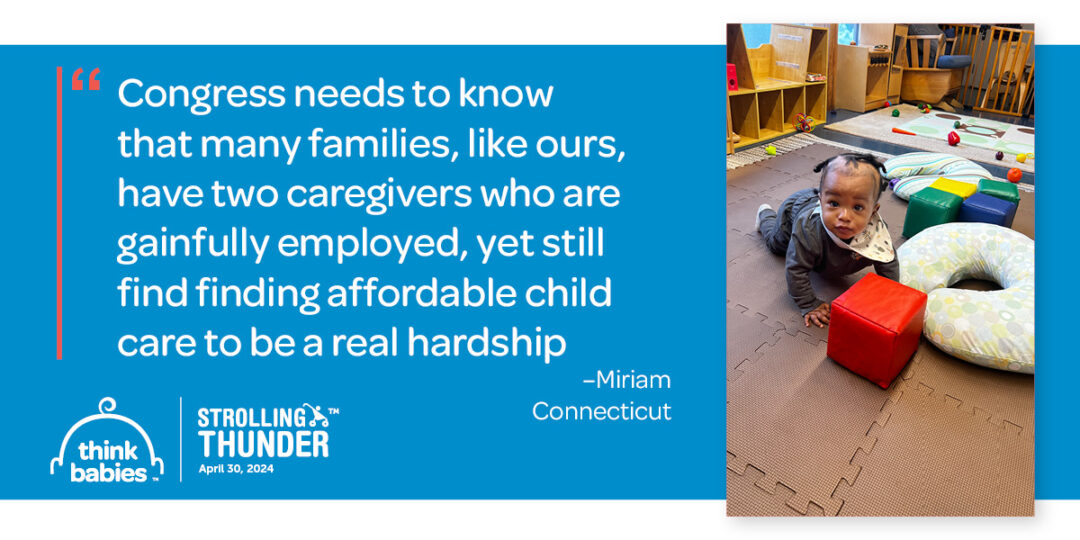Invest in high-quality, affordable child care for infants and toddlers.
Quality child care feeds a baby’s growing brain, building the foundation for development and life-long learning. Access to affordable, high-quality care ensures parents can go to work and school confident that their babies and toddlers are in safe and nurturing early learning environments.

